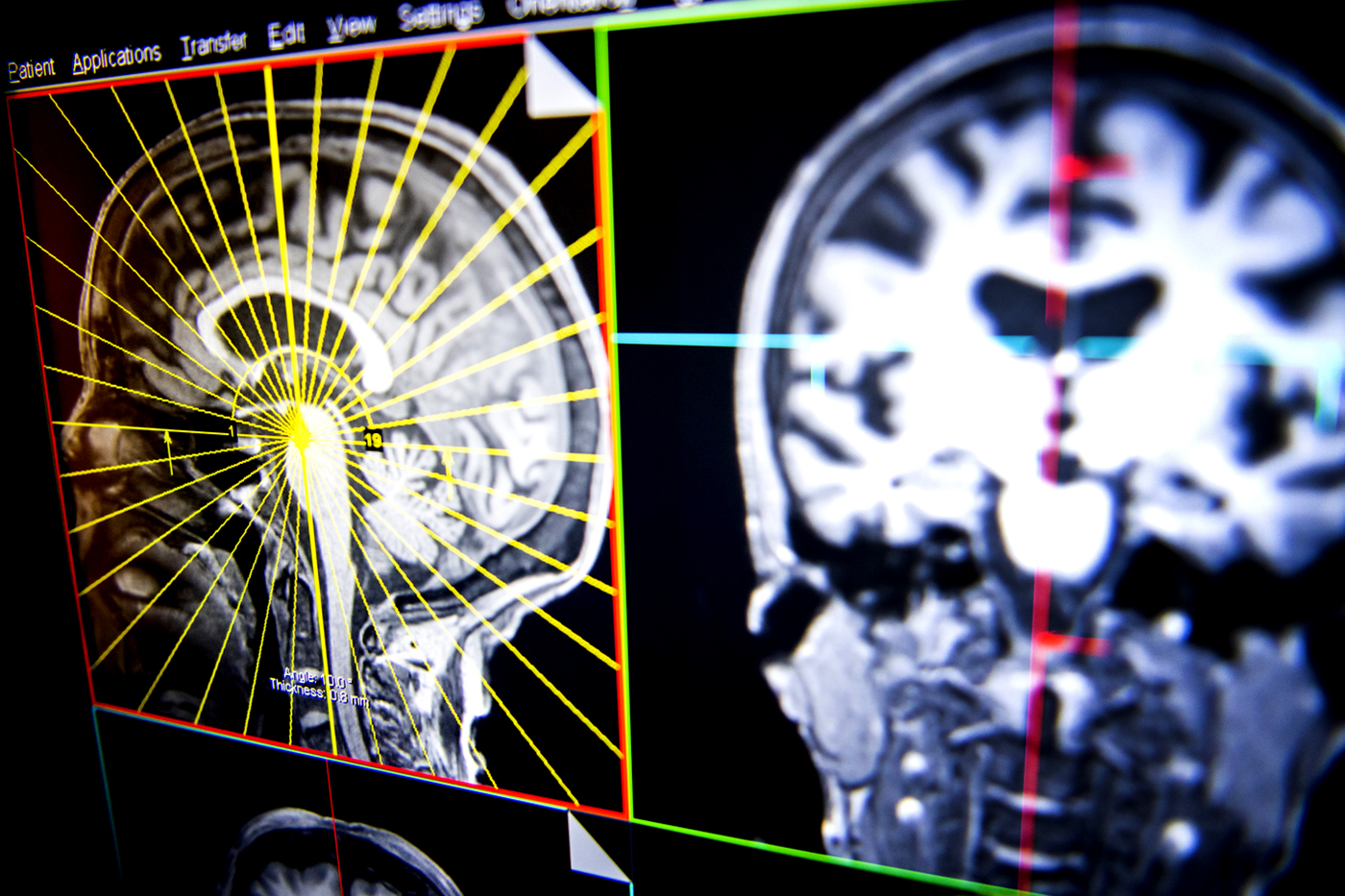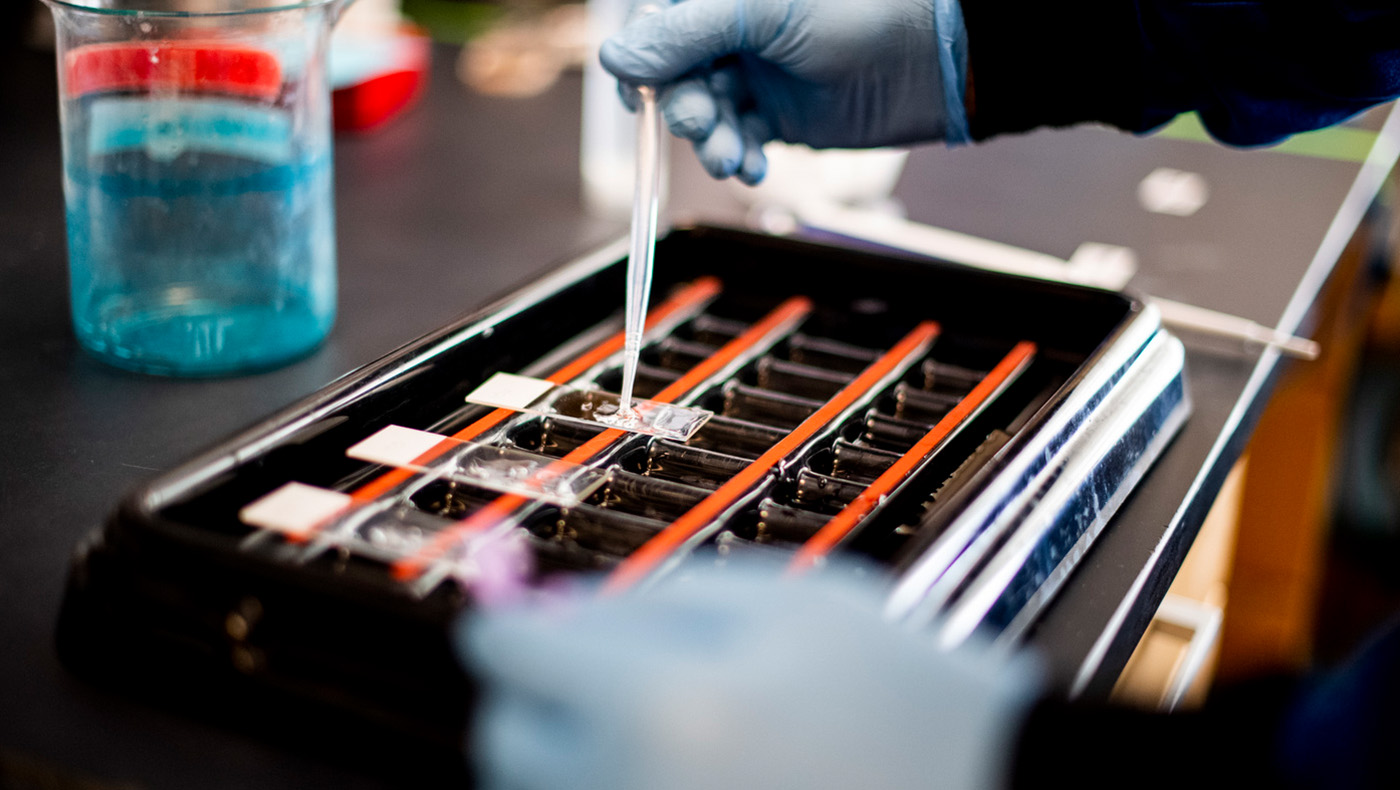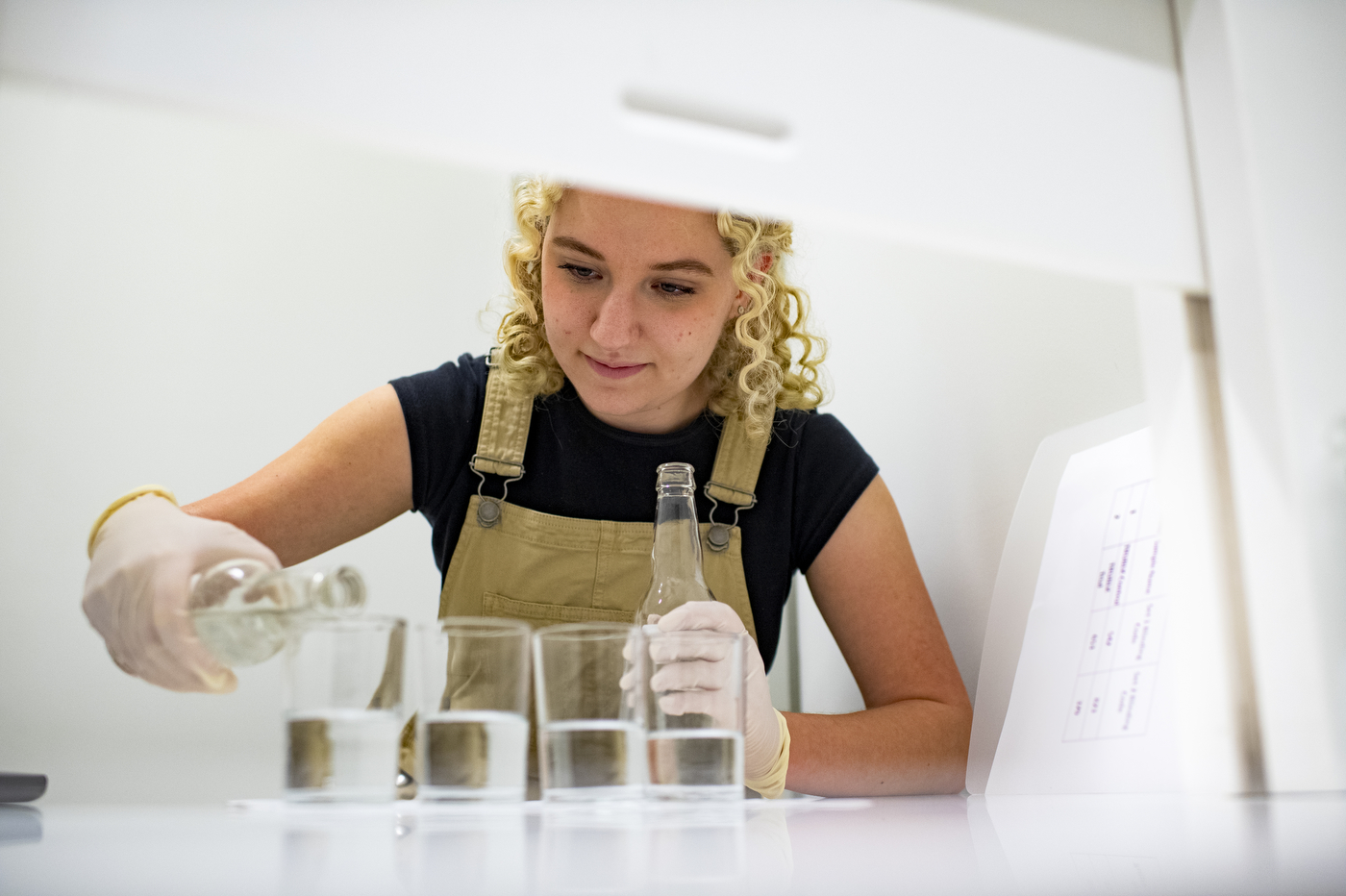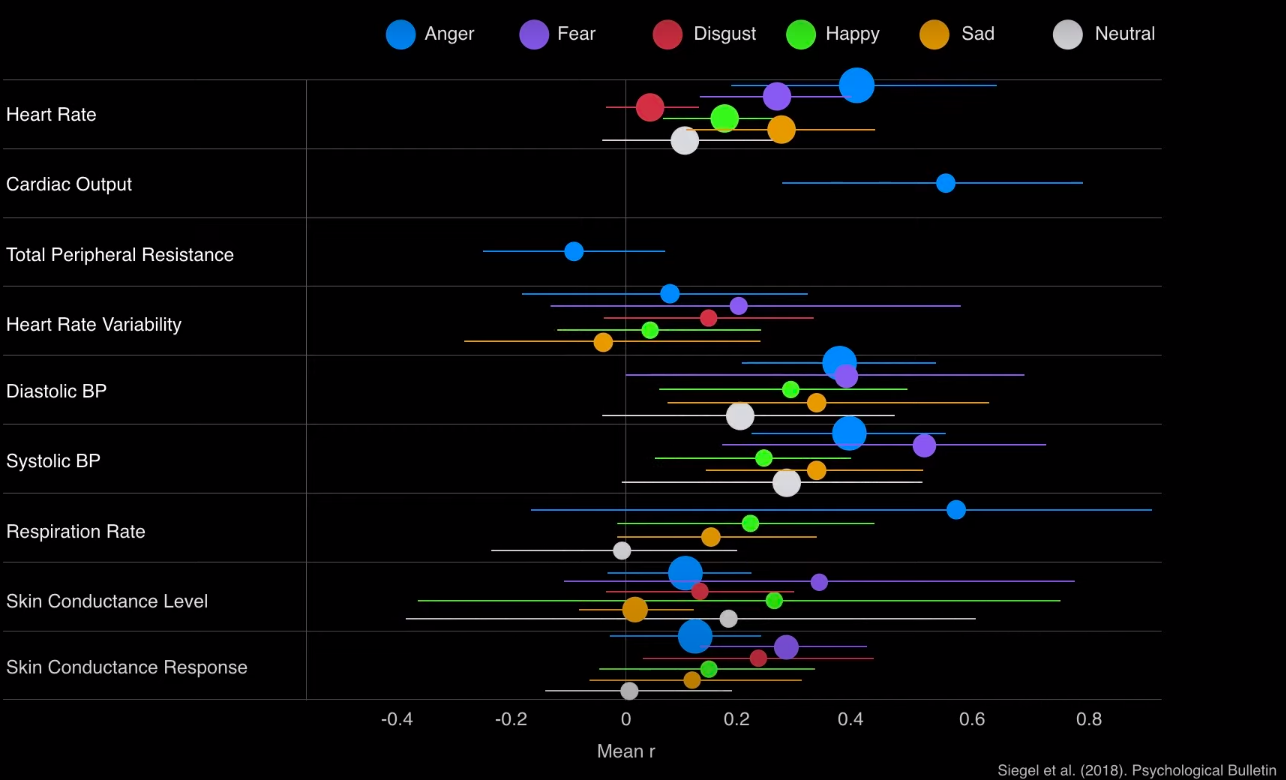COS News
News

A new report from a group of Northeastern researchers explores across disciplines how biotech can ensure safe, sustainable life beyond Earth.
The key to international space cooperation is developments in biotechnology, Northeastern researchers say
News

The NeuroPRISM lab, led by assistant psychology professor Stephanie Noble, makes tools that pave the way for reliable and reproducible neuroimaging of the brain.
Precise maps of the brain’s deepest corners are made possible through tools developed by these Northeastern researchers
Showing 51 results in Behavioral Neuroscience

Two Northeastern Ice Hockey Stars are Headed to the Olympics
Behavioral neuroscience major Alina Mueller will be playing for Switzerland at the Olympic Games next month in Bejing.

Student Profile: Nicole Occidental, Behavioral Neuroscience Major
Nicole Occidental shares her COS experience.

Landmark study into the genetic disorder offers clues into links between metabolism and mental health
Researchers at Northeastern and neighboring colleges say they’ve made a landmark discovery that takes a deeper look at the metabolic and biochemical origins of a debilitating genetic disease known to cause a range of symptoms and health problems. A new study, published Wednesday, focused on a severe neurodevelopmental disorder referred to as 16p11.2 Deletion Syndrome, […]

Babies respond to sign language. What does that tell us about human nature?
Iris Berent's new research uncovers that infants are born with the ability to learn language, speech and sign.

Emma Robinson’s co-op experience at Harvard Medical School leads her to pursue a PhD.
Cell and molecular biology student, Emma Robinson completed her two co-ops at Harvard Medical School's Datta Lab, which prompted her to pursue a PhD in neuroscience.

Their co-op contributed to advancing new research on Alzheimer’s and brain health.
Fourth year behavioral Neuroscience students, Sabrina Bond and Sofia Mazuera, were recently published as co-authors of a study that may have significant implications for brain diseases.

A new wave of COVID-19 infections is surging through Africa. These students want to help.
Northeastern students from interdisciplinary backgrounds, including Nita Akoh, who studies neuroscience, are making a difference in the global fight against COVID-19.

She’s researching whether brain wave stimulation can slow Alzheimer’s
Justyna Stukin, a behavioral neuroscience major, is researching whether brain wave stimulation can slow the impact of Alzheimer's disease.

The science behind Sam Adams
Halle Chernin samples craft beers as a “sensory consumer" co-op at the Boston Beer Company.

The not-so secret life of bees
Elena Getsios, who just finished her third-year behavioral neuroscience and philosophy major at Northeastern, got a taste for beekeeping after attending an event about the craft a few years ago. She jumped at the chance to learn more when she saw that the university offered a co-op at Best Bees, an urban beekeeping company located […]

Lifestyle choices affect our brain’s capabilities throughout life — this researcher wants to know how.
Timothy Morris did not anticipate he would become an academic, but his career path led him to the position he now loves: postdoctoral researcher at Northeastern. Morris recounts his research journey, the significance of his current work, and why academia at Northeastern is his calling.

The Pursuit of Happiness (and Other Emotions): Using AI to Redefine Assumptions in Affective Science
Researchers in Northeastern’s PEN group use machine learning analysis to question the assumption that commonly used emotion words have biological meaning in a recent paper.